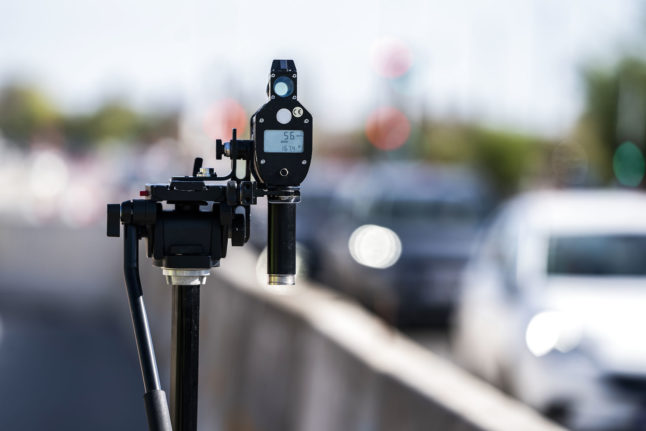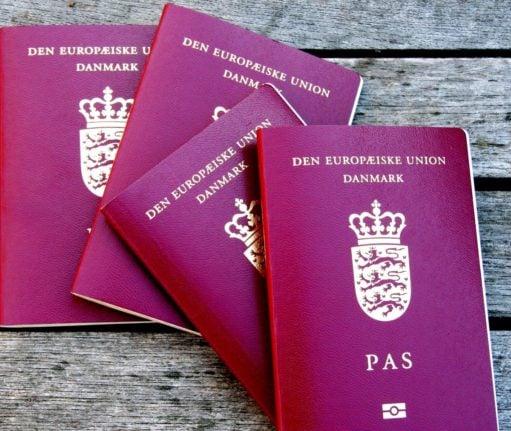Denmark is known for its strict rules on citizenship and a range of criteria must be met before you can become a Danish national.
The requirements fall into several broad categories, one of which being that you must have no criminal convictions.
The other categories relate to employment status, length of residency in Denmark, debt and personal finances and knowledge of language and culture. You can read about them in detail in our guide to applying for Danish citizenship.
In April 2021, the government agreed new citizenship rules, adding new curbs on who can be granted Danish nationality and building on the earlier 2018 citizenship rules.
READ ALSO: Denmark announces new tightening of citizenship rules
Under the April 2021 rules, persons with previous convictions for which they have received conditional or unconditional prison sentences are permanently barred from being granted Danish citizenship.
Additionally, people who have received fines of at least 3,000 kroner for breaking certain laws are required to wait for a suspension period of four years and six months before being acceptable for naturalisation.
On its website, the Ministry of Immigration and Integration states that a condition of a citizenship application making it to parliament – where it is given final approval – is that “you have not committed certain types of acts for which you can be penalised, or that any suspension period related a punishable act has expired”.
This means that if you are fined for breaking certain laws, you can be suspended from applying for citizenship for a given period.
Fines under 3,000 kroner do not generally result in a suspension.
If you have received a fine for “violating the traffic laws, this can… impact your possibility of becoming a Danish citizen. At least for a while,” the ministry states.
For example, a fine of 3,000 kroner or more results in a suspension period of four and a half years from the date the offence is registered. As such, you could not become a Danish citizen until four and a half years after this date, regardless of whether you meet the other criteria.
This includes fines given for all forms of traffic offences, including speeding tickets, the ministry notes.
It should be noted that police speeding fines are often less than 3,000 kroner, depending on the offence.
For example, driving at 59 kilometres per hour in a 50 km/h zone (the speed limit in most urban areas), usually gives a fine of 1,200 kroner. The same fine would be given for driving at 130 km/h on a section of motorway where the speed limit is 110 km/h.
If you drive at 110 km/h where the limit is 80 km/h, you can be fined 2,400 kroner.
Fines go up in certain circumstances: driving over 140 km/h adds an extra 1,200 kroner to the fine, followed by another 600 kroner for each additional 10 km/h.
Additionally, breaking the speed limit by 30 percent or more often results in an additional 1,200 kroner being added to the initial fine.
Speeding in areas where the normal speed limit has been reduced due to roadworks results in the fine being doubled.
Reports in Danish media have described cases of individuals who have lived in Denmark since childhood having their citizenship applications turned down because of speeding fines.
Repeat offences (or other offences for which fines are issued) can result in the suspension period being extended by 3 years for each offence. Only penalties which would have resulted in suspension in isolation – in other words, fines of over 3,000 kroner – can extend the suspension.
There are conditions under which you can apply for dispensation: if your traffic fine is not for driving under the influence of alcohol and is between 3,000 and 3,500 kroner; or if you have been concurrently fined up to 5,000 kroner for several offences which do not give fines over 3,500 kroner in isolation.
However, dispensation would require a member of parliament’s citizenship committee to argue your case for dispensation within the committee, the ministry states. In other words, you’d need an MP to agree to speak on your behalf.



 Please whitelist us to continue reading.
Please whitelist us to continue reading.
Member comments